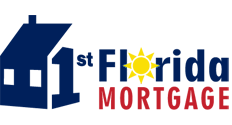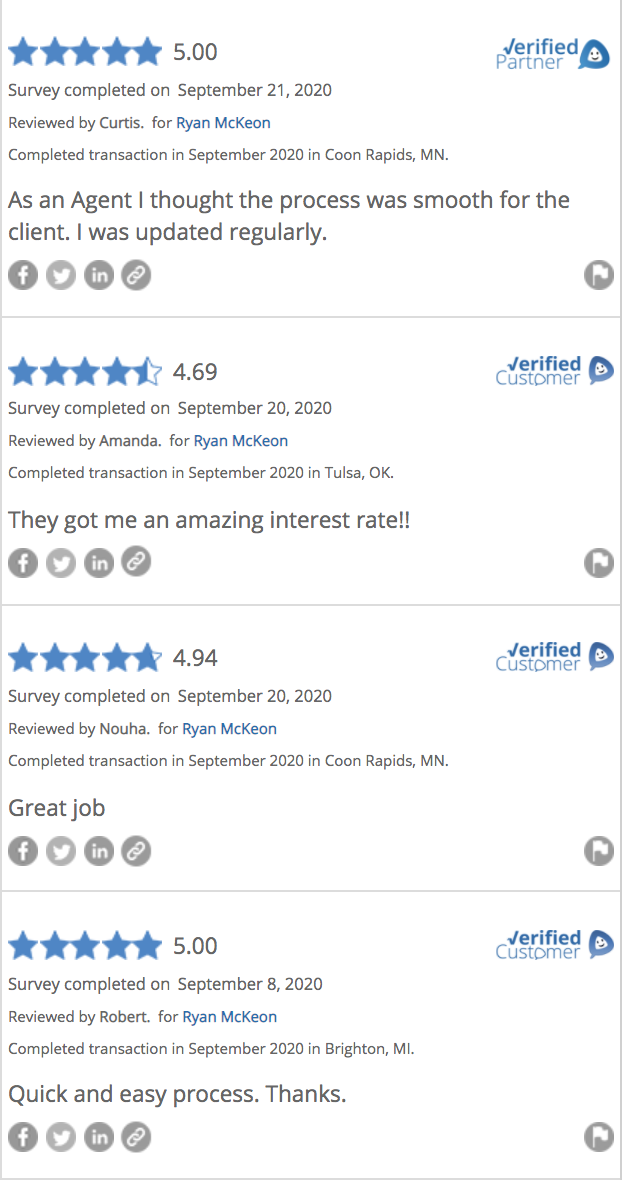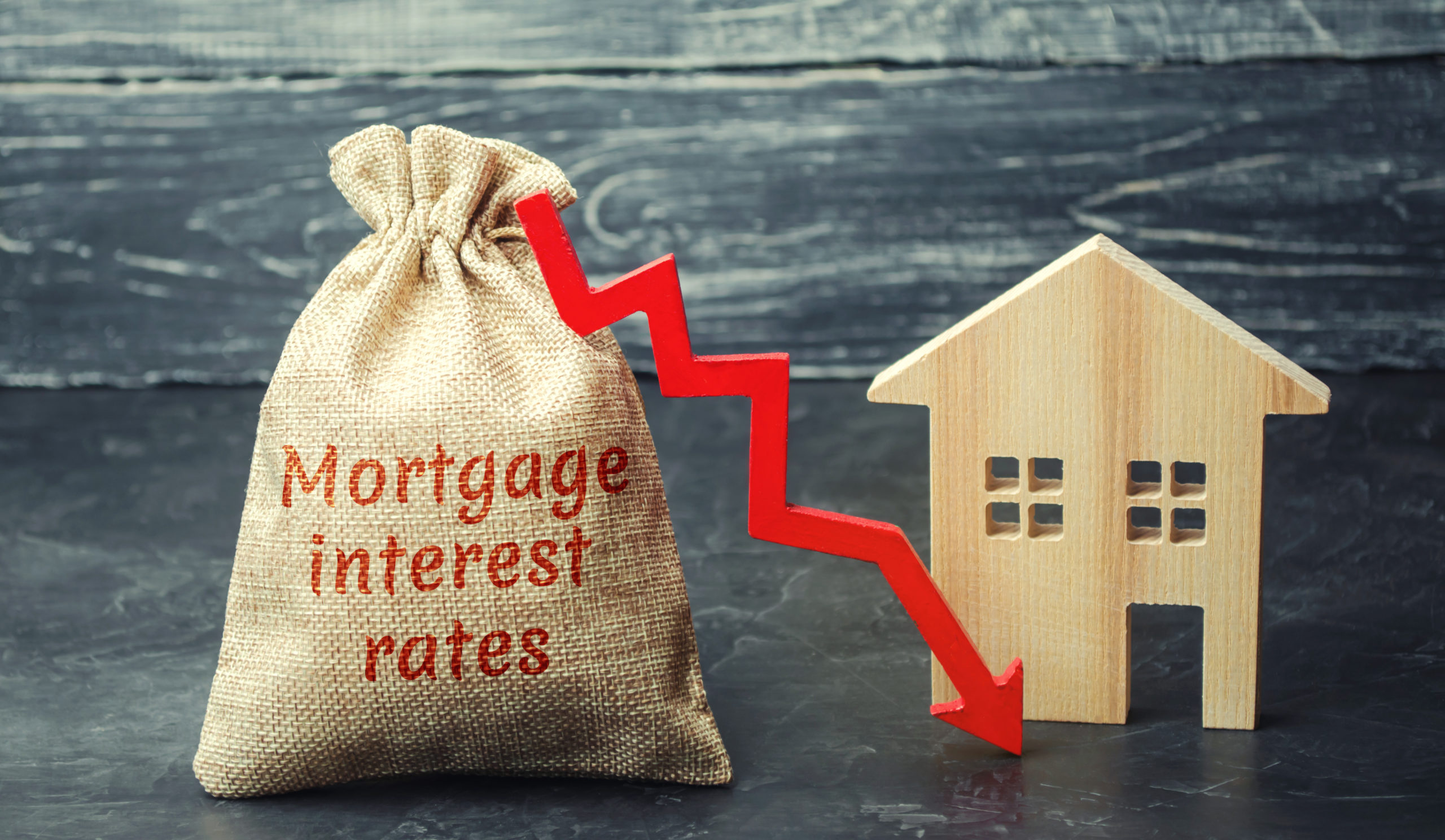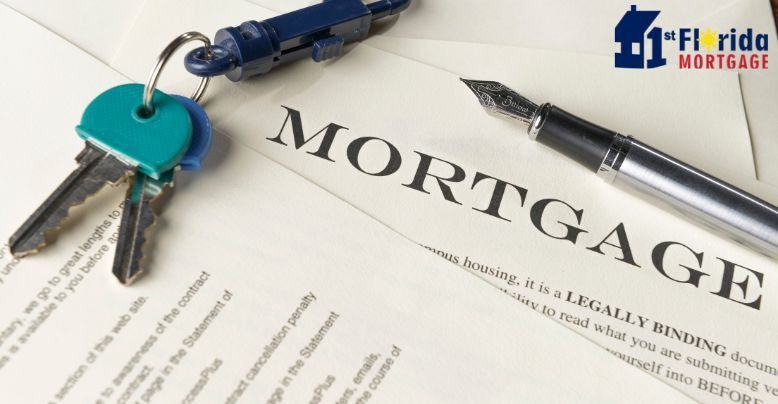If you’ve ever wanted to buy a house in Florida, you’ll need to go through a lot of steps. In this article, we provide an overview of how to become a homeowner in Florida.
Budget
You need to know exactly how much home you can afford before you begin your home search. The mortgage payment is only one piece of the expense of a home. You have to consider all your outgoing expenses; credit card and student loan payments, utilities, taxes, HOA fees, and insurance when creating your budget.
Saving
Most loans will require a certain amount of money up front and this is called the down payment. This lets the lender know you are serious about your home purchase. Down payments vary between loan types which means they can range from 3.5% to 20% of the total purchase price. You will also need to set aside funds for closing costs like insurance, home inspections, and origination fees. Put that money in the bank so a lender has a paper trail.
Credit Score
Your mortgage options increase with your credit score. The higher your score, the more likely you are to be offered lower payments and lower interest rates. When you apply for a loan the lender will look at your scores from the three major reporting agencies: Equifax, Experian, and TransUnion. Normally, the decision to approve the loan will be based upon the middle score, although if you have two people on the mortgage, the lower middle score of the two will be used. Pay down existing credit and loan balances, pay your bills on time, and do not apply for new loans or credit if you want to increase your score.
Pre-Approval
Before you do a search and find the house you feel is perfect for you, get pre-approved for your loan so you know exactly how much money you can spend. By providing your lender your debt-to-income ratio and credit score they will be able to then provide you with the exact amount of money they can approve to lend to you as well as what the basic terms of that loan will be such as the down payment and assumed interest rate.
This stage will also let you know if you need to spend additional time before house hunting to add more to your down payment savings and/or improving your credit scores. Before house hunting, a home buyer should know just how much house they can afford. You wouldn’t want to arrive to your wedding without having met the person you’re marrying, and that’s what searching for a home before pre-approval is like. Know what you can afford before you find the home you want.
Searching
Once you’ve got the finances set, this is where the fun begins – your home search. You’ll already know your price range, so you’ll already have a good idea of what you’re looking for. Depending on the type of loan, your desires are your own limits; however, with something like a USDA Rural Development loan, obviously there’s only certain areas that loan allows you to purchase in.
Making an Offer
You’ve got your pre-approval and you’ve chosen the home you want—but that doesn’t make the transaction a done deal. This is when having an agent to advocate for you is a good idea. An agent can negotiate an offer with the seller that could change the asking price. This process can be a little stressful but don’t get discouraged. As long as your offer is reasonable, negotiating will go smoothly for everyone.
This is when the home inspection comes in to play. A home inspection protects you by finding hidden problems if they exist. A professional home inspector will let you know what, if anything, should be fixed before you buy the home. Then you can renegotiate with the seller to take money off the price or make the repairs before you seal the deal. A lender may require a home inspection, or it could be an option. In either case, it’s a good investment by the home buyer.
Homeowner’s Insurance
Lenders require homeowner’s insurance. Home insurance protects your lender’s investment from loss or damage caused by covered risks—like a fire or vandalism. The minimum amount of coverage you have in place typically depends on the amount of your mortgage. Make sure you get the insurance policy in place before closing day, so your closing isn’t delayed.
Closing
This is the day where you make the payments and take your keys. The deal is finalized either at the title company or realtor’s office. Your agent will let you know what form of payment you need to make and if you want to pay for each item separately or in one large payment.
First Florida Mortgage Can Help
At First Florida Mortgage, we are a Florida-based mortgage company. We want to help you through every step of financing your new home. Fill out the quick contact form or call First Florida Mortgage today at 1-800-501-2131 to speak with one of our Florida mortgage specialists and get a free good faith estimate.





